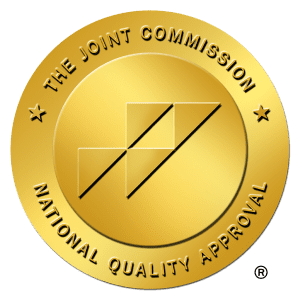Embarking on the journey to recovery from addiction is a courageous and transformative endeavor. At Grata House, we understand the challenges you face and are here to support you every step of the way. One often overlooked aspect of addiction recovery is the significant role that nutrition plays in the process. In this article, we will explore how proper nutrition can positively impact your recovery, providing you with the knowledge and tools to make healthier choices on your path to a brighter future.
The Impact of Nutrition on Addiction Recovery: Tips and Tricks

The Impact of Nutrition on Addiction Recovery: Tips and Tricks

Nourishing Your Way to Recovery

The Vital Link Between Nutrition and Addiction
Understanding the Connection
The connection between nutrition and addiction is undeniable. Substance abuse can wreak havoc on your body, depleting essential nutrients and impairing your overall health. Conversely, poor nutrition can contribute to cravings and a lack of energy, making the recovery journey even more challenging.
The Body’s Healing Process
Your body is an incredible machine capable of remarkable healing. Proper nutrition fuels this process, repairing the damage caused by substance abuse and promoting overall well-being. When you feed your body the right nutrients, you provide it with the building blocks needed for recovery.

The Vital Link Between Nutrition and Addiction
Understanding the Connection
The connection between nutrition and addiction is undeniable. Substance abuse can wreak havoc on your body, depleting essential nutrients and impairing your overall health. Conversely, poor nutrition can contribute to cravings and a lack of energy, making the recovery journey even more challenging.
The Body’s Healing Process
Your body is an incredible machine capable of remarkable healing. Proper nutrition fuels this process, repairing the damage caused by substance abuse and promoting overall well-being. When you feed your body the right nutrients, you provide it with the building blocks needed for recovery.
Your Journey to Wholeness Begins with Only a Willingness
We’re here to encourage and support you.
Start On Your Path today!
Need Clarity? Text or Call our Admissions Team Anytime.
Your Journey to Wholeness Begins
with Only a Willingness
We’re here to encourage and support you: Start On Your Path today! Need Clarity?
Text or Call our Admissions Team Anytime.
Key Nutrients for Addiction Recovery
Protein: Your Body’s Repair Kit
Protein is vital for repairing tissues and rebuilding your body. It aids in the restoration of damaged cells and supports the growth of healthy ones. Include lean sources of protein like chicken, fish, and beans in your diet.
Complex Carbohydrates: Steady Energy
Complex carbohydrates provide a steady source of energy, helping you combat fatigue and mood swings. Opt for whole grains, fruits, and vegetables to maintain stable energy levels throughout the day.
Essential Fatty Acids: Brain Health
Essential fatty acids, such as Omega-3s, are crucial for brain health. They can help improve mood and cognition, reducing the risk of relapse. Incorporate sources like salmon, walnuts, and flaxseeds into your meals.
Vitamins and Minerals: A Balanced Approach
Vitamins and minerals are the body’s micronutrients, and they play a pivotal role in recovery. Ensure you get a variety of fruits and vegetables to provide your body with these essential nutrients.
Practical Tips for a Nutrient-Rich Diet
Meal Planning
Plan your meals ahead of time to ensure you have nutritious options readily available. This reduces the temptation to reach for unhealthy choices.
Stay Hydrated
Proper hydration is often overlooked but crucial. Water supports detoxification and overall well-being. Aim to drink at least eight glasses of water daily.
Seek Professional Guidance
Consider consulting a registered dietitian or nutritionist. They can create a personalized meal plan tailored to your specific needs and preferences.
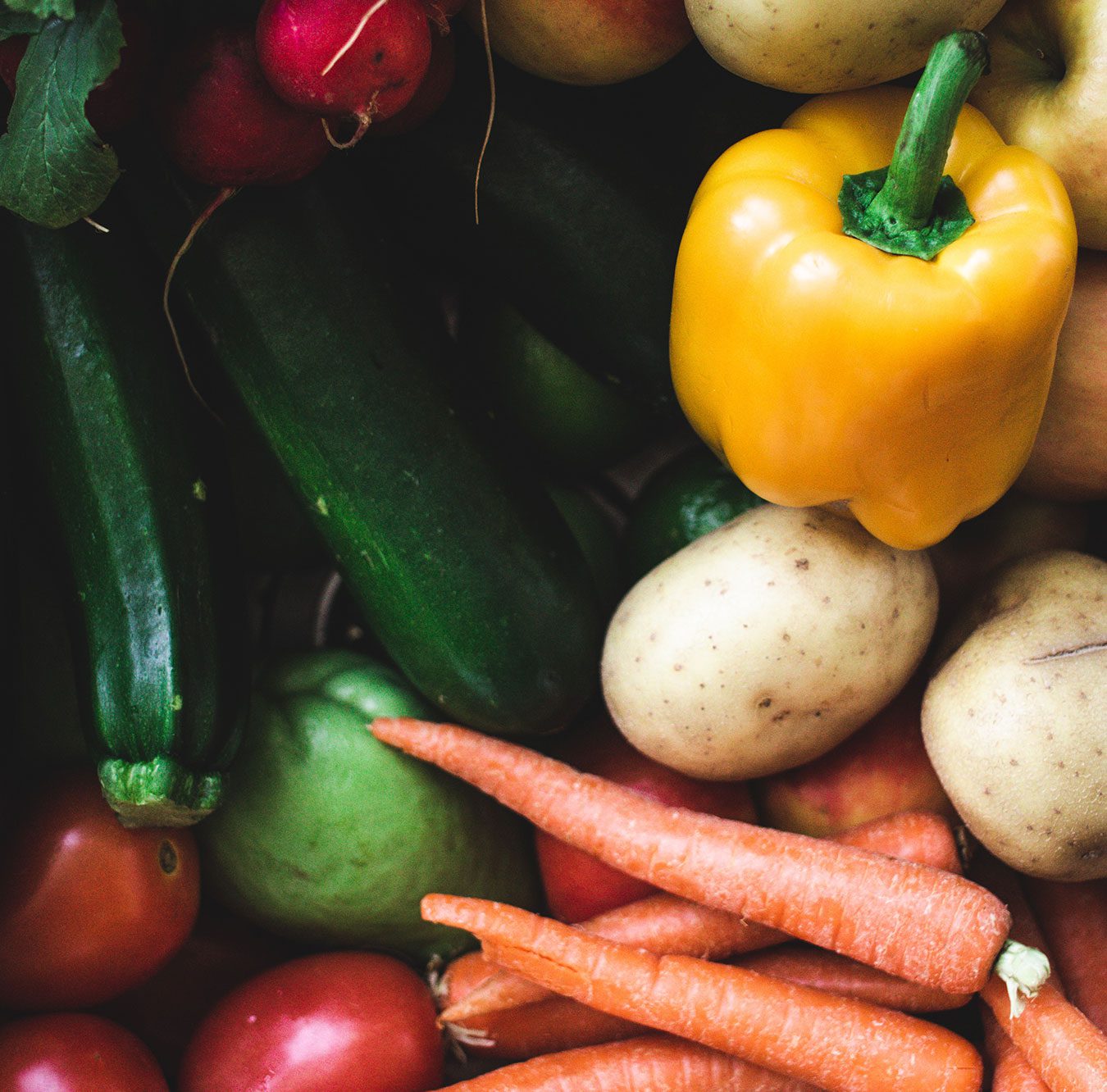
Your Journey to Wellness
The impact of nutrition on addiction recovery is profound. By nourishing your body with the right nutrients, you not only aid in physical healing but also provide the foundation for mental and emotional well-being. At Grata House, we encourage you to embrace the power of nutrition as part of your holistic recovery journey. You are not alone on this path, and with the right support and choices, you can achieve lasting sobriety and a healthier, happier future.
Remember, every meal is an opportunity to heal and grow stronger. We’re here to support you on this journey.
If you have any questions or need guidance on your recovery path, please reach out to us. We are dedicated to helping you succeed.

Your Journey to Wellness
The impact of nutrition on addiction recovery is profound. By nourishing your body with the right nutrients, you not only aid in physical healing but also provide the foundation for mental and emotional well-being. At Grata House, we encourage you to embrace the power of nutrition as part of your holistic recovery journey. You are not alone on this path, and with the right support and choices, you can achieve lasting sobriety and a healthier, happier future.
Remember, every meal is an opportunity to heal and grow stronger. We’re here to support you on this journey.
If you have any questions or need guidance on your recovery path, please reach out to us. We are dedicated to helping you succeed.


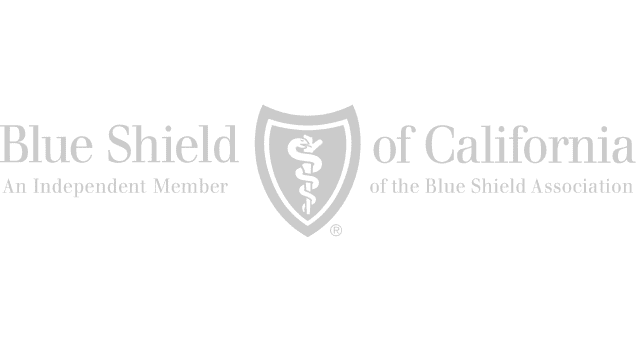

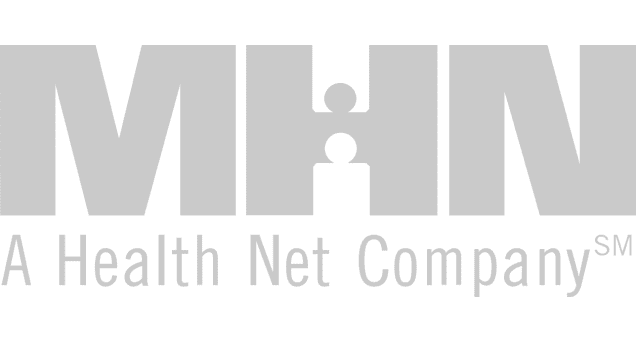

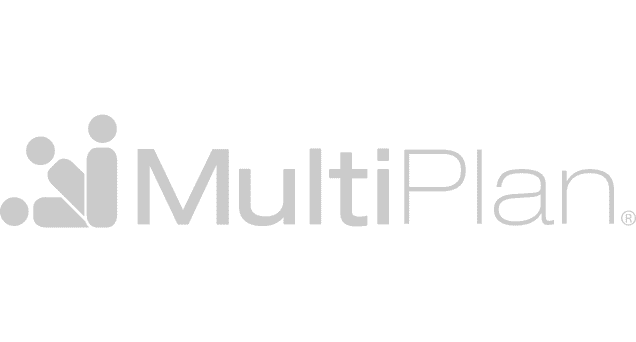



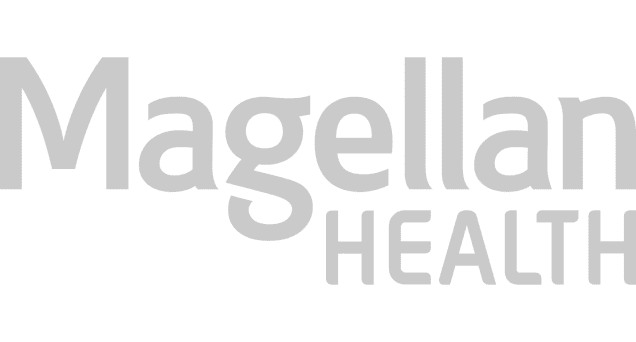
Your Journey to Wholeness Begins
with Only a Willingness
We’re here to encourage and support you.
Start On Your Path Today!
Need Clarity? Text or Call our Admissions Team Anytime.
Your Journey to Wholeness
Begins with Only a Willingness
We’re here to encourage and support you. Need Clarity? Text or Call our Admissions Team Anytime.
Start On Your Path today!
FAQS
- Is there a specific diet I should follow during addiction recovery?
- Can nutritional deficiencies contribute to addiction relapse?
- Are there specific foods or supplements that can help with cravings and withdrawal symptoms?
- Do I need to make reservations at these places?
While there isn’t a one-size-fits-all diet for recovery, a balanced diet rich in protein, complex carbohydrates, essential fatty acids, and a variety of vitamins and minerals is generally recommended. However, it’s essential to consult with a healthcare professional or nutritionist to create a personalized meal plan that suits your unique needs.
Yes, nutritional deficiencies can increase the risk of relapse. They can lead to mood swings, fatigue, and cravings, making it more challenging to maintain sobriety. Incorporating a nutrient-rich diet can help reduce these risks and support your recovery journey.
While no single food or supplement can completely eliminate cravings or withdrawal symptoms, certain foods and nutrients, such as protein, complex carbohydrates, and vitamins like B-complex, can help stabilize mood and energy levels. Always consult with a healthcare professional before adding supplements to your diet.
Emotional eating or developing a new addiction to food can be common during recovery. It’s essential to seek support from a therapist or counselor who specializes in addiction and mental health. They can help you develop healthy coping mechanisms and strategies to manage emotional eating in a constructive way. Additionally, focusing on balanced nutrition and mindful eating practices can also be beneficial.
FAQS
- Is there a specific diet I should follow during addiction recovery?
- Can nutritional deficiencies contribute to addiction relapse?
- Are there specific foods or supplements that can help with cravings and withdrawal symptoms?
- How can I address emotional eating or food addiction during recovery?
While there isn’t a one-size-fits-all diet for recovery, a balanced diet rich in protein, complex carbohydrates, essential fatty acids, and a variety of vitamins and minerals is generally recommended. However, it’s essential to consult with a healthcare professional or nutritionist to create a personalized meal plan that suits your unique needs.
Yes, nutritional deficiencies can increase the risk of relapse. They can lead to mood swings, fatigue, and cravings, making it more challenging to maintain sobriety. Incorporating a nutrient-rich diet can help reduce these risks and support your recovery journey.
While no single food or supplement can completely eliminate cravings or withdrawal symptoms, certain foods and nutrients, such as protein, complex carbohydrates, and vitamins like B-complex, can help stabilize mood and energy levels. Always consult with a healthcare professional before adding supplements to your diet.
Emotional eating or developing a new addiction to food can be common during recovery. It’s essential to seek support from a therapist or counselor who specializes in addiction and mental health. They can help you develop healthy coping mechanisms and strategies to manage emotional eating in a constructive way. Additionally, focusing on balanced nutrition and mindful eating practices can also be beneficial.
